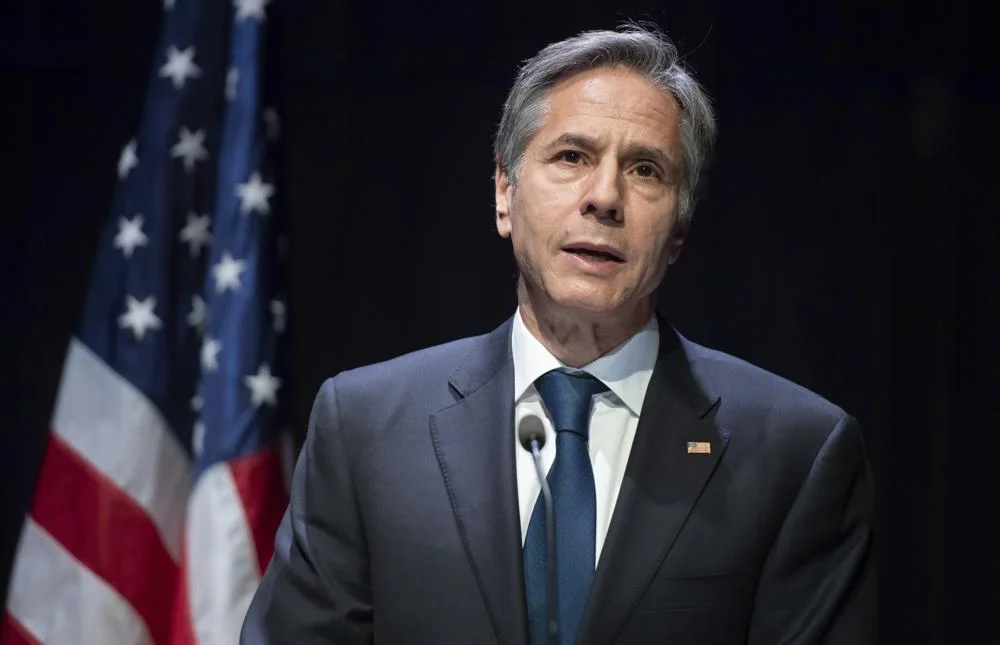In a dramatic turn of events, Niger, a West African nation, finds itself grappling with a political crisis following a military coup that led to the ousting of President Mohamed Bazoum. Amidst the turmoil, disturbing reports have surfaced about a ‘violent’ stalker who has targeted the deposed leader, raising concerns about the safety and security of public figures.
As the international community closely monitors the situation, the United States stands firm in offering unwavering support to Niger while urging a swift return to democratic rule.
The Ousted President and the Disturbing Stalking Incidents
President Mohamed Bazoum, who had been democratically elected as Niger’s leader, was removed from power in a coup orchestrated by General Abdourahmane Tchiani, also known as Omar Tchiani, the head of the presidential guards unit. The sudden coup has left the country reeling and the world questioning the stability of the region.
Disturbingly, the ousted president disclosed that he had been targeted by a ‘violent’ stalker before his unceremonious removal. Via social media, he issued warnings to his followers, urging them not to interact with false accounts posing as him. President Bazoum’s revelation has brought attention to the serious issue of public figures facing harassment and invasion of privacy, even in the highest echelons of power.
International Response and US Support
US Secretary of State Antony Blinken swiftly condemned the coup and the violence that preceded it. He reached out to President Bazoum, assuring him of the United States steadfast support in restoring democratic governance in Niger. Blinken also warned those responsible for the coup that “hundreds of millions of dollars of assistance” from the US could be at risk if the situation is not rectified promptly.
The coup has sparked widespread condemnation from global bodies such as the UN Security Council, the African Union, and the European Union. The international community has united in calling for the immediate and unconditional release of President Bazoum and the restoration of constitutional order in Niger.
France, with its historical ties to Niger, has reiterated its recognition of President Bazoum as the legitimate head of state and refuses to acknowledge the authority of the coup leaders.
Security Concerns and Fragile Regional Landscape
Niger’s political upheaval is a major concern for neighboring countries and the entire West African region. The coup follows a disturbing trend of military takeovers that have rocked the region in recent years, with countries like Mali, Guinea, and Burkina Faso experiencing similar political instability.
Of particular concern is Niger’s security situation, where Islamist militants pose a significant threat. President Bazoum had been seen as a key ally in the fight against extremism in the region, and his removal could have far-reaching implications for regional stability and counter-terrorism efforts.
As Niger navigates through a critical juncture in its political history, the world watches closely. The safety and security of public figures like President Mohamed Bazoum remain paramount, and the international community’s unified call for the restoration of democratic governance underscores the significance of adhering to constitutional norms and respecting the will of the people. In the face of adversity, the United States and other global partners stand ready to provide support to Niger and its people as they strive for a peaceful resolution and a return to democratic rule.




